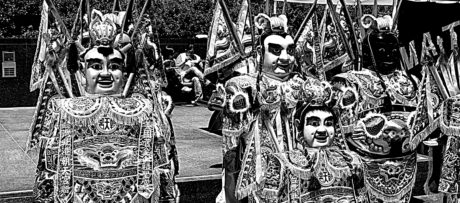A recent Ontario Court of Appeal decision (Stekar v. Wilcox[1]) reinforces what is required to prove well-established grounds for challenging a will: suspicious circumstance and testamentary capacity.
Background
Jerald P. McNamara (the “Deceased”) died on June 18, 2012.
His friend of over 40 years, Thomas, stood to inherit his entire estate under the terms of a will executed by the deceased in 1999 (“the 1999 Will”).
Unfortunately for Thomas, a will executed by the Deceased in 2012 (the “2012 Will”) came to light which left nothing to Thomas and instead gave everything to a different friend of the Deceased, Louis, as well as to the Deceased’s caregiver for less than one month before the 2012 Will was executed.
Thomas challenged the 2012 Will on the basis of suspicious circumstances surrounding its execution. This challenge brought into question the validity of the 2012 Will and the usual presumption that a person executing a will has the capacity to do so.
Thomas succeeded at trial, and the trial judge declared that the 2012 Will not be admitted for probate.
Louis appealed, and his appeal was dismissed.
Suspicious Circumstances
The Court of Appeal agreed with the trial judge’s finding that there were indeed suspicious circumstances surrounding the 2012 Will. Those circumstances included:
- the 2012 Will was prepared when the Deceased was struggling with serious health issues – including involuntary hospitalisations on more than one occasion;
- the 2012 Will radically departed from the 1999 Will, as discussed above; and
- the 2012 Will was typed, something the Deceased was not likely to do as he did not own or have ready access to a computer or typewriter. In contrast, the 1999 Will was handwritten.
The Court of Appeal held that suspicious circumstances surrounding the making of a will can arise in various ways, including in connection with the preparation of a will or by reason of circumstances tending to call into question the making of a will.
Testamentary Capacity
The Court of Appeal found that the trial judge had correctly held that Louis bore the burden of proving that the Deceased had the capacity to execute the 2012 Will as the usual presumption of capacity had been ousted by the suspicious circumstances discussed above.
After turning their minds to the test for testamentary capacity, the Court of Appeal agreed that Louis had failed to meet his burden. There was no expert medical evidence at trial establishing the Deceased’s testamentary capacity, nor was there any evidence of anyone close to the Deceased inquiring into his testamentary capacity before or when the 2012 Will was executed.
As the trial judge noted, “the mere capacity to communicate testamentary wishes is not determinative” of the issue, rather, the testator’s wishes must be “shown to be the product of a sound and disposing mind”. The test, therefore, is a high one and Louis simply could not rise to meet it.
[1] 2017 ONCA 1010

